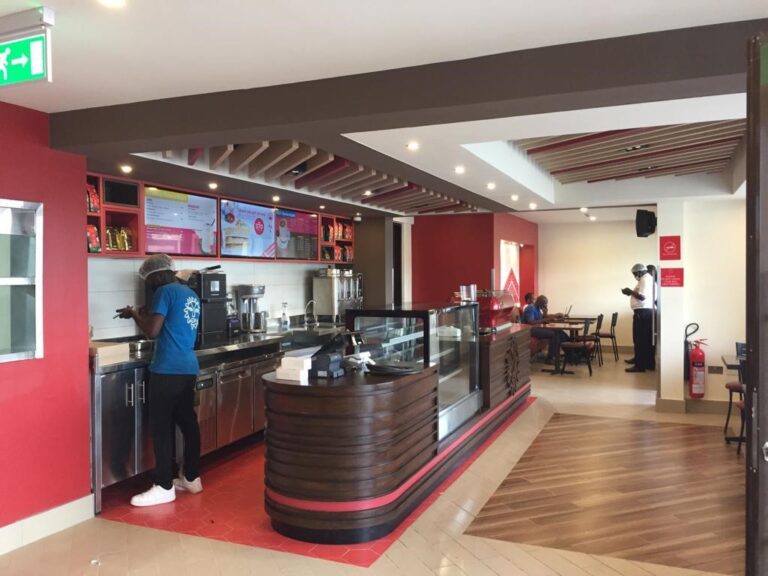Profica and Chattels partner to provide fast track delivery of emergency healthcare facilities in South Africa
Construction solutions company Profica has partnered with temporary infrastructure specialists Chattels to deliver vital emergency healthcare facilities across South Africa. Rapid deployment of these facilities is underway to serve increased demands for triage and testing resulting from the COVID-19 pandemic.
Chattels has already constructed new temporary COVID-19 triage and potential field hospitals at Tygerberg Hospital, Victoria Hospital and Paarl Hospital in the Western Cape, the first of 17 to be erected in the province. Construction in other provinces is anticipated to start soon.
The temporary facilities erected consist of high-quality, weather-proof marquee-type structures, complete with floors, lighting and access control. These triage units serve as an extension of the hospital where potential COVID-19 patients can be screened and tested. There are also beds and oxygen available in cubicles for immediate treatment for more acute cases.
Provincial Health MEC Nomafrench Mbombo says, “When people come in with symptoms, or are concerned they may have the virus, they can go to these separate centres outside the hospital rather than the ER to be screened, so that we don’t mix all the patients. We are also able to fast track testing so that we can flatten the curve.” Mbombo says that in a worst case scenario, if all the hospital beds are occupied, the marquee set-ups can be used for field beds for admitted patients.
A leading marquee hire and event company for over thirty years, Chattels Infrastructure Solutions has now successfully pivoted its skill and equipment to help in the fight the coronavirus epidemic. Profica brings specialist healthcare construction project management skills to the partnership as the company project manages construction going forward, with a portfolio of work delivered for major hospital groups and provincial government.
Profica and Chattels are able facilitate temporary infrastructure for hospitals, medical triage, laboratories quarantine facilities, medical facilities, testing stations, medical staff sleeping quarters near their hospitals and other structures that may be necessary. The full turnkey solution includes flooring, decking, ventilation, extraction units, all plumbing, ablution facilities, all electrics, internal walling, heating/cooling room, climate control facilities, bedding and isolation booths.
Ventilation is a critical aspect and these systems have been specially designed with expert mechanical engineers to ensure that the required air volumes, relative pressures, filtration standards and airflow direction works according to the clinical purpose of the room. A high turnover rate for persons being tested is expected and therefore the air quality in the room needs to be 99% clear of airborne contamination, within 6 minutes of the test being completed, in order for the next sampling test to be done. The sampling booths in the tent have special systems for air changing as these are most critical as may have infected patients in them.
“We’re honoured to be a part of the disaster management solution for our country and I am so impressed by the Western Cape Department of Health,” says Chattels General Manager Mandy Mulder. “Their commitment to providing these centres and gearing up has been amazing. These projects have been very intricate, challenging and interesting to work on and we are not done yet. I have learnt so much about mechanical engineering, specialised EMS procedures and essentially how to build temporary hospitals.”
Jaco Nel of Profica, says, “Dramatic healthcare capacity expansion has to be a priority now, and the pressure is on to find innovative ways to expand and upgrade both temporary and permanent infrastructure. Profica is committed to using our in-house expertise in the healthcare sector, from technical advisory services to design to working with multiple specialist providers, to add value. We’re proud to be working with Chattels to give our medical staff at the front lines the best possible environment as they fight the battle against COVID-19.”






